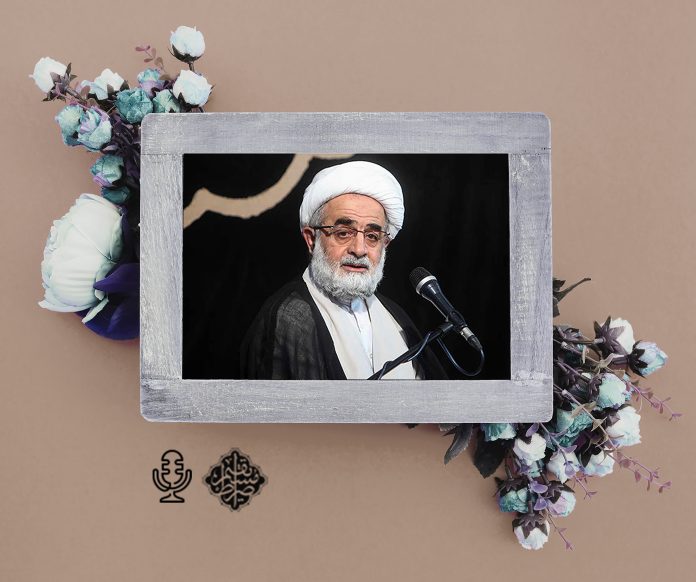Pure Points Ayatollah Tahriri: Sending #salawat (upon the Prophet) means expressing faith and monotheistic beliefs. By uttering the dhikr of Salawat (Zekr or Remembering), while acknowledging monotheism, we also mention justice, prophecy, Imamate and resurrection, and understanding these obligations requires gentle and precise attention; because the remembrance of the Prophet (PBUH) and the infallible Imams (PBUH) in a way implies #monotheism, justice and resurrection. Therefore, mentioning Salawat involves faith and monotheistic beliefs and is a mixture of religious beliefs of Muslims, which in addition to expressing religious beliefs, also expresses love for the Ahl al-Bayt (PBUH).
With sending #Salawat, a Muslim asks God in the first place to reward the efforts of the Prophet and the family of the Prophet (Ahlulbayt, peace be upon them). In the second stage, he declares Tawalla (loving of Ahlulbayt) and at the end he does Tabarra (disassociation with those who oppose God and those who caused harm to and were the enemies of the Islamic prophet Muhammad or his family); because the real declaration of love for the Ahlulbayt (PBUH) when hatred towards the enemies is also taken into account. These beliefs must be realized and put into practice in all aspects of human life, but if for any reason, a person could not go through all stages of his life with #practical_dhikr (Zekr, Remembrance), these same beliefs and inner commitments will ultimately save him. If such a person fails to reform himself in this world, he will be reformed in the afterlife and will be saved depending on the truth of that obligation. Imam Ali (pbuh) says in a recommendation that your prayers will be answered by your prayers for the Prophet (pbuh) and his pure family; because they are loved by Allah, and because of them, Allah answers a person’s prayers.
